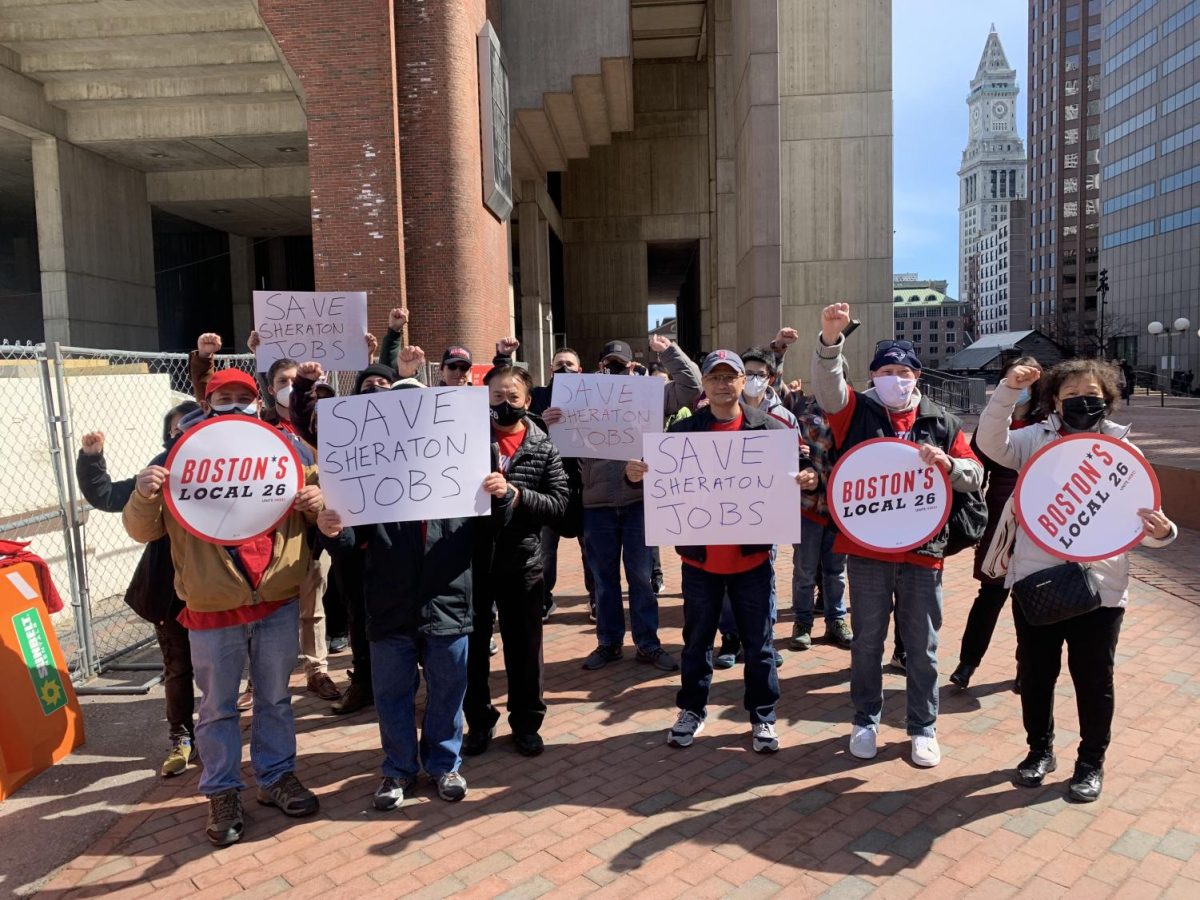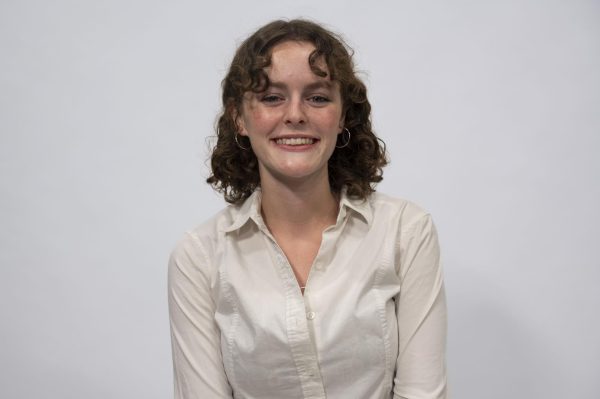In a significant change of course, the union representing hotel employees at the Sheraton Boston Hotel now supports Northeastern’s transformation of 428 hotel rooms into dorms, reversing its initial stance against the conversion.
The project, which Northeastern moved to solidify in April with the Boston Planning and Development Agency, or BPDA, will convert the hotel’s south tower into an undergraduate residence hall with roughly 854 beds. Dubbed the “Belvidere Street Student Housing project,” the conversion met opposition from Boston City Council and UNITE HERE Local 26, a regional union representing hospitality workers in Massachusetts and Rhode Island.
When introduced last spring, union supporters vehemently opposed the project, arguing it would result in the loss of over 100 union jobs — who are “primarily women, people of color, and immigrants,” according to the Boston City Council’s resolution in support of hotel workers. But according to a recently published BPDA document, Local 26 reached an agreement with hotel management last fall, ensuring job security through the hotel’s transformation.
“This agreement would ensure no job loss would occur if the south tower were to be converted into student housing,” wrote Carlos Aramayo, president of Local 26, in a letter dated Oct. 14, 2022. “Accordingly, this letter is to provide notice that Local 26 supports the conversion of the south tower of the Sheraton Boston to a student housing use.”
The BPDA also released all responses collected during the project’s public comment period, which included four letters of support, two of opposition and one neutral letter.
The opposition to the project centered on concerns that the project would negatively impact the city’s economy.
“Assuming this conversion would remove around 500 hotel rooms, that’s almost $5.9 million annually in lost hotel taxes,” the three-member Board of Trustees for the Symphony Court Condo Association — Sean Riley, Steven Morre and Dionna Di Pierro — wrote in a joint letter dated Sept. 29. “That also doesn’t include the loss of business & tax revenue to nearby local shops & restaurants that tourists help sustain, but that college students will not.”
Lee Steele, a member of the project’s Impact Advisory Group who filed a letter of support for Belvidere Student Housing, noted Northeastern’s previous success integrating students into the neighborhood after occupying the Midtown Hotel. But he warned that the university must be ready to mitigate neighborhood impacts of the new student housing, which he said would be beyond the scale seen when the university first used the Midtown in 2018.
“Northeastern University has done a good job in terms of managing the neighborhood impacts of these 100+/- student residents at the Midtown,” wrote Steele, also a member of the St. Botolph Neighborhood Association. “However, with possibly some 850+/- additional students housed at 39 Dalton, the level of potential impact is significantly larger than that posed by the Midtown Hotel.”
Another letter of support from a community member, Spencer Crawford, commended the university for adding student housing in a city ranked one of the most expensive in the country for renters.
“Students living off-campus in Boston’s tight rental market can be taken advantage of by landlords, may be living in unsafe and overcrowded living conditions, and likely put upward pressure on already skyrocketing rental prices,” Crawford wrote. “As universities like Northeastern open their doors to more students, the university has a responsibility to develop more housing to meet student needs. This proposal is a step in the right direction.”











![A demonstrator hoists a sign above their head that reads, "We [heart] our international students." Among the posters were some listing international scientists, while other protesters held American flags.](https://huntnewsnu.com/wp-content/uploads/2025/06/image12-1200x800.jpg)





